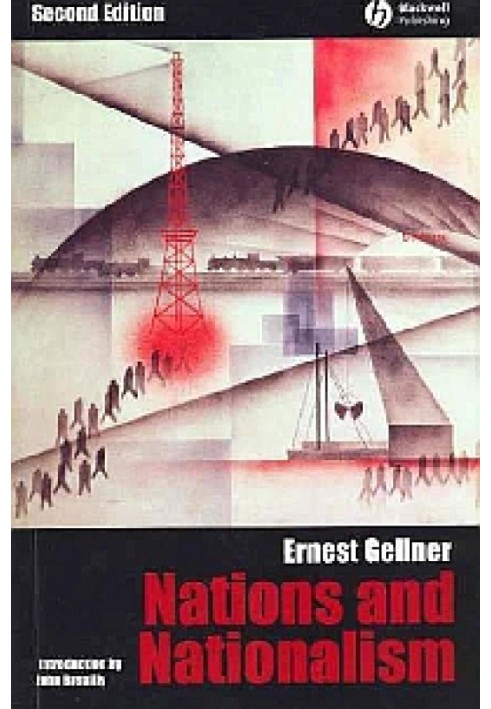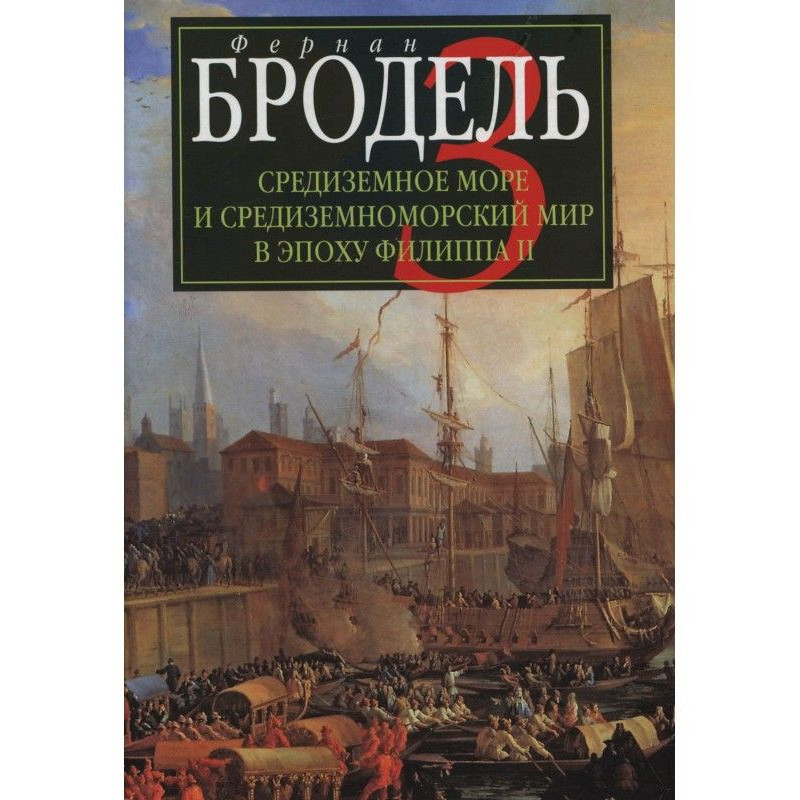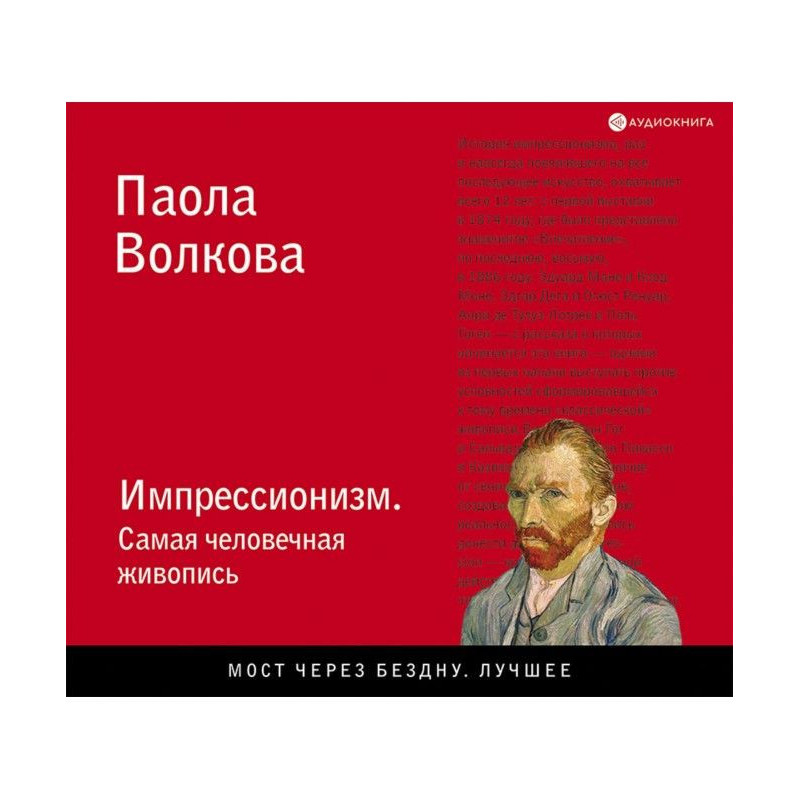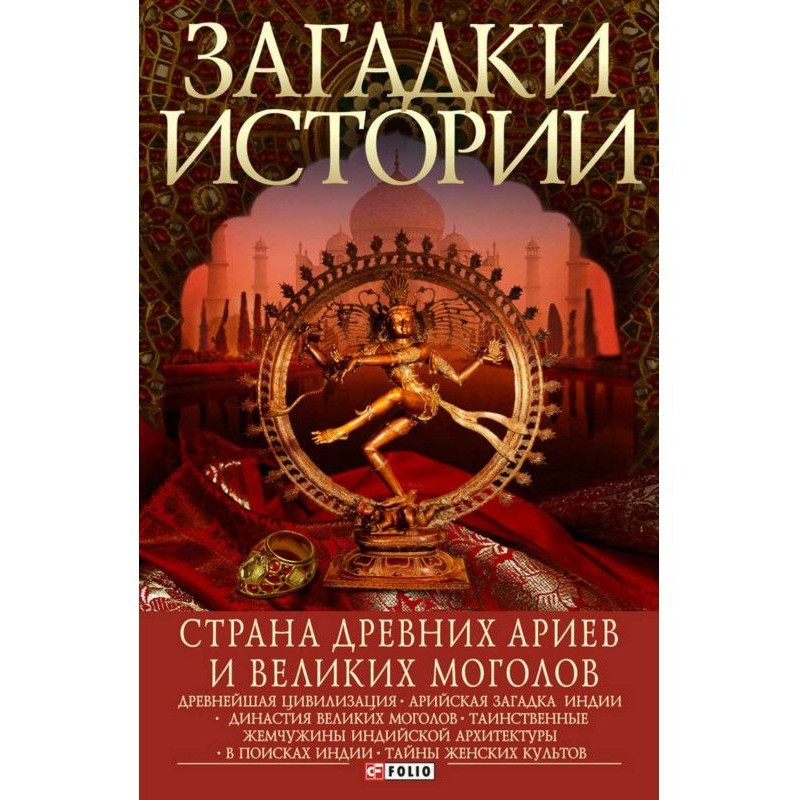Nations and nationalism
 Instant download
Instant download
after payment (24/7)
 Wide range of formats
Wide range of formats
(for all gadgets)
 Full book
Full book
(including for Apple and Android)
Ernest Gellner (1925–1996) - Professor of Social Anthropology at the University of Cambridge, Fellow of the British Academy, Honorary Member of the American Academy of Arts and Sciences. Revealed the role of the methodological reorientation made by B. Malinovsky for social anthropology. He showed the significance of L. Wittgenstein’s position for the philosophical thought of our entire century. Basic works: “Words and Things” (1959, Russian translation. “Words and Things. Critical analysis of linguistic philosophy and study of ideology”, (1962), “Muslim Society” (1981), “Nations and Nationalism” (1983, Russian. trans. “Nations and Nationalism”, 1991), “State and Society in the Soviet Thought” (1988), “Plough, Sword and Book The Structure of Human History” (1988), etc.
In Nations and Nationalism (1983), Gellner criticizes the Marxist theory of historical formations, based on the determining role of economics in relation to social organization, and proposes a completely different periodization of history, more reminiscent of the structuralist concept of traditional and modern societies (see K. Levi- Stros; Ethnology), deprives the concept of a nation of any objective, material basis (territory, economy, language, culture) and defines it exclusively through participation, solidarity, voluntary identification and shared opposition. He also considers nationalism not an innate or acquired feeling. , and above all by the political principle, which requires the coincidence of political and national units.
Data sheet
- Name of the Author
- Эрнест Геллнер
- Language
- Ukrainian
- Release date
- 1991
- Translator
- Марина Константиновна Тюнькина
Т. В. Бердникова













